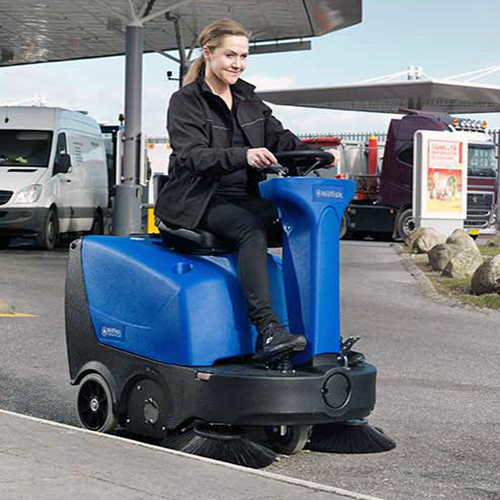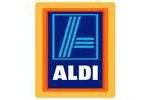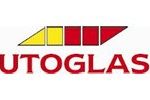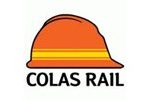Picture this: you’re standing in a massive warehouse. It’s spotless. No dust, no random bits of debris, no mystery smudges. How? A small army of elves with brooms? Nope. It’s all thanks to something called an industrial sweeper. Never heard of it? Buckle up, mate, because we’re diving into the exciting (ish) world of industrial cleaning machines.
So, What Is an Industrial Sweeper Anyway?

In layman’s terms, it’s a glorified vacuum cleaner on steroids. But instead of handling your living room rug, it tackles entire warehouses, factories, and parking lots. Think of it as the heavyweight champion of cleaning. It doesn’t just move dirt around—it annihilates it.
These machines sweep up dust, dirt, and whatever else happens to be littering the floor. If it’s on the ground and shouldn’t be, the industrial sweeper is here to sort it out.
How Does This Beast Work?
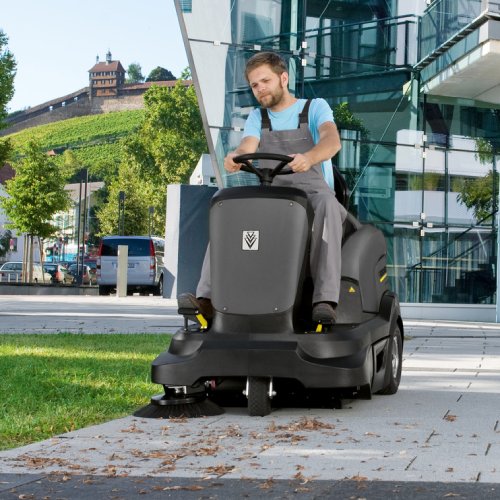
It’s pretty straightforward, really. An industrial sweeper has some brushes (think giant rotating toothbrushes), a vacuum system, and a bin (fancy folks call it a “hopper”) to collect the filth. The brushes do the dirty work—literally—by loosening debris. Then, the vacuum sucks it all up like a greedy toddler with spaghetti.
Check out our range of Industrial Sweepers!
Key Components of an Industrial Sweeper:
- Rotating Brushes: These are the workhorses of the machine, scrubbing the floor to dislodge debris.
- Vacuum System: This sucks up the loosened dirt and deposits it into a waste bin.
- Hopper: The compartment where collected debris is stored for easy disposal.
- Filters: These trap fine dust particles, ensuring the air remains clean.
Types of Industrial Sweepers

Believe it or not, there’s a whole variety of these things. Because one size definitely doesn’t fit all when it comes to cleaning industrial spaces.
1. Walk-Behind Sweepers
You push these around like a lawn mower. Great for smaller spaces where using a ride-on feels like bringing a tank to a garden party.
2. Ride-On Sweepers
The Cadillac of cleaning machines. You sit on it and drive around like you own the place. Ideal for warehouses, car parks, or anywhere you’d rather not walk.
3. Robotic Sweepers
The robots are coming—and they’re here to clean. These little guys operate on their own, avoiding walls and doing a decent job while you sit back and sip your coffee.
4. Indoor vs. Outdoor Sweepers
Indoor sweepers are more delicate, for those pristine floors. Outdoor ones? Built to handle gravel, leaves, and whatever nonsense the wind blows in.
Why Bother with an Industrial Sweeper?

Glad you asked. It’s not just about showing off your shiny new machine. These things come with a boatload of benefits.
1. They Save You Time
Imagine sweeping a football pitch with a broom. Now imagine doing it with a machine that can cover the same ground in minutes. Enough said.
2. Cleaner Air, Fewer Sneezes
Industrial sweepers don’t just collect dirt; they filter the air, trapping dust particles that would otherwise end up in your lungs. So, if you’re tired of sneezing every five seconds, these are a godsend.
3. Cost-Effective (Eventually)
Sure, they’re not cheap upfront. But think about all the time and manpower you save. It’s like investing in a really expensive pair of shoes—they pay off in the long run.
4. Safety First
Slippery floors are a lawsuit waiting to happen. An industrial sweeper keeps things tidy and reduces the chances of someone doing an accidental splits routine.
Check out our range of Industrial Sweepers!
Where Do These Things Roam Free?
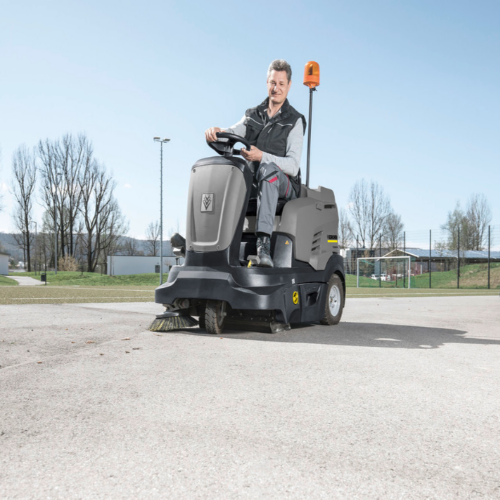
You’ll spot industrial sweepers in all sorts of places, handling all sorts of messes.
1. Warehouses and Distribution Centres
Dust, debris, and forklift tyre marks—industrial sweepers make quick work of them.
2. Factories
Think sawdust, metal shavings, and random bits of who-knows-what. Factories churn out mess, and sweepers handle it like pros.
3. Airports and Train Stations
High traffic = high mess. But industrial sweepers are up to the challenge, keeping these places from turning into chaotic disaster zones.
4. Outdoor Spaces
Leaves, gravel, and litter are no match for outdoor sweepers, which basically act like giant mechanical brooms.
Choosing the Right Industrial Sweeper (Because Yes, It Matters)

Not all sweepers are created equal. Here’s what you need to think about:
1. Size of the Space
Big spaces need big sweepers. Small spaces? You guessed it—small sweepers.
2. Type of Mess
Fine dust? Big debris? Both? Make sure your sweeper can handle whatever junk you throw at it.
3. Surface Type
A smooth warehouse floor is a different beast from a bumpy outdoor car park. Choose accordingly.
4. Power Source
You’ve got battery-powered, petrol-powered, and diesel-powered options. Batteries are quieter and eco-friendly, but petrol and diesel have more grunt for outdoor work.
How to Keep Your Industrial Sweeper Happy

These machines aren’t exactly high-maintenance, but a little TLC goes a long way.
1. Clean the Filters
Clogged filters mean less suction and more frustration. Give them a rinse now and then.
2. Brush Check
Worn-out brushes won’t clean squat. Keep an eye on them and swap them out when they’re looking tired.
3. Empty the Hopper
Unless you enjoy the sight of dirt spilling everywhere, don’t forget to empty the bin.
4. Battery Care
If you’ve got a battery-powered model, treat the battery like you would your phone—charge it properly and don’t let it die unnecessarily.
5. Regular Servicing
Just like a car, your sweeper needs the occasional check-up to keep things running smoothly.
Are They Eco-Friendly?

Short answer: they can be. Many models now come with eco-friendly features like water-saving systems and low-emission engines. Battery-powered ones are particularly good for reducing your carbon footprint. So, if you’re looking to clean up your space and your conscience, you’re in luck.
Check out our range of Industrial Sweepers!
Cleaning Equipment Services Ltd hire and sell a wide range of new and second-hand top-of-the-line cleaning equipment from industrial vacuums and floor scrubbers to pressure washers and floor polishers etc. Additionally, we also hire powerful steam cleaners at Pure Steam Cleaners. We’re always available to answer any questions and provide guidance on the best cleaning methods and procedures. We’re also very patient and accommodating with explaining the operation and maintenance of the equipment.

